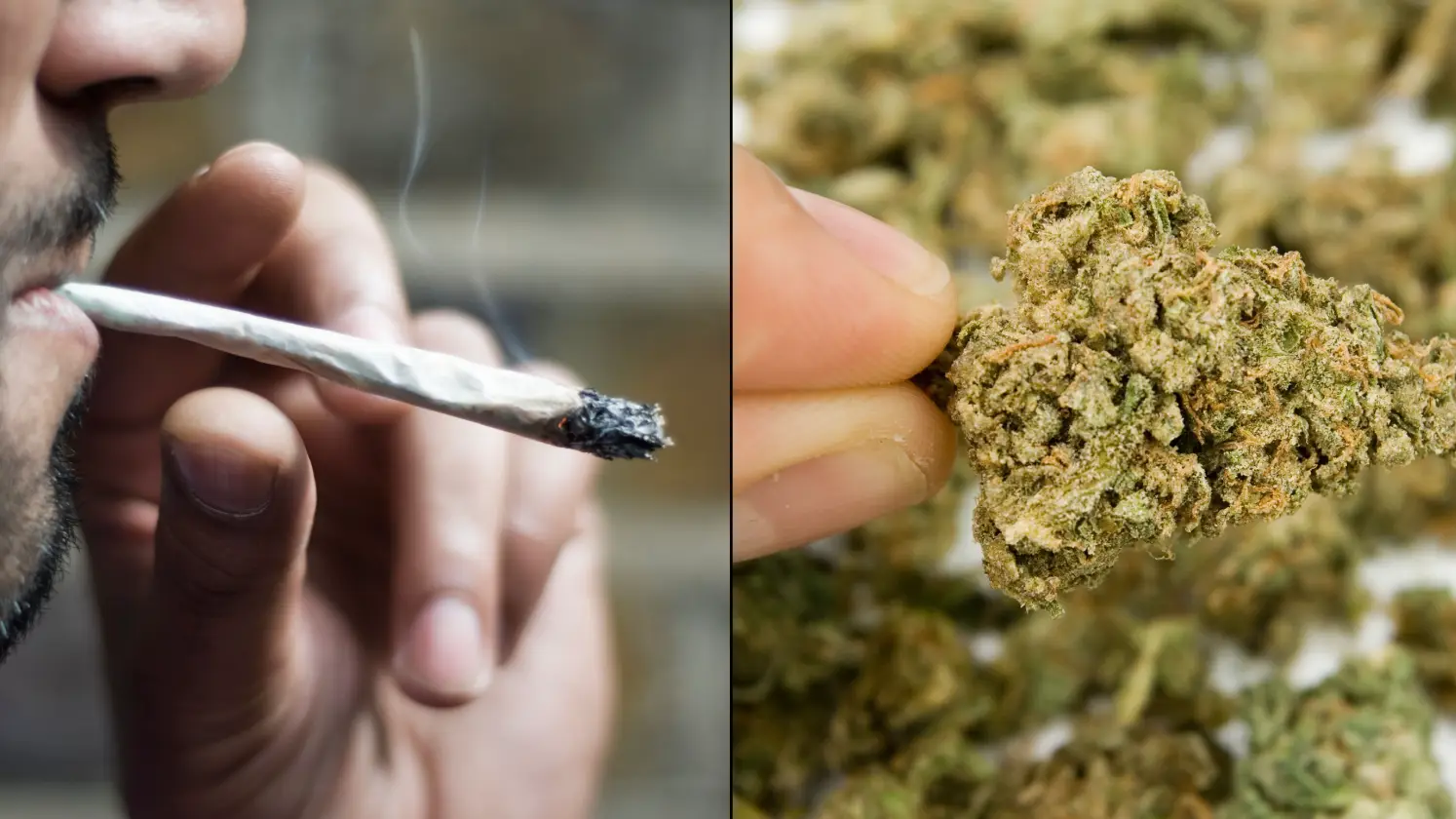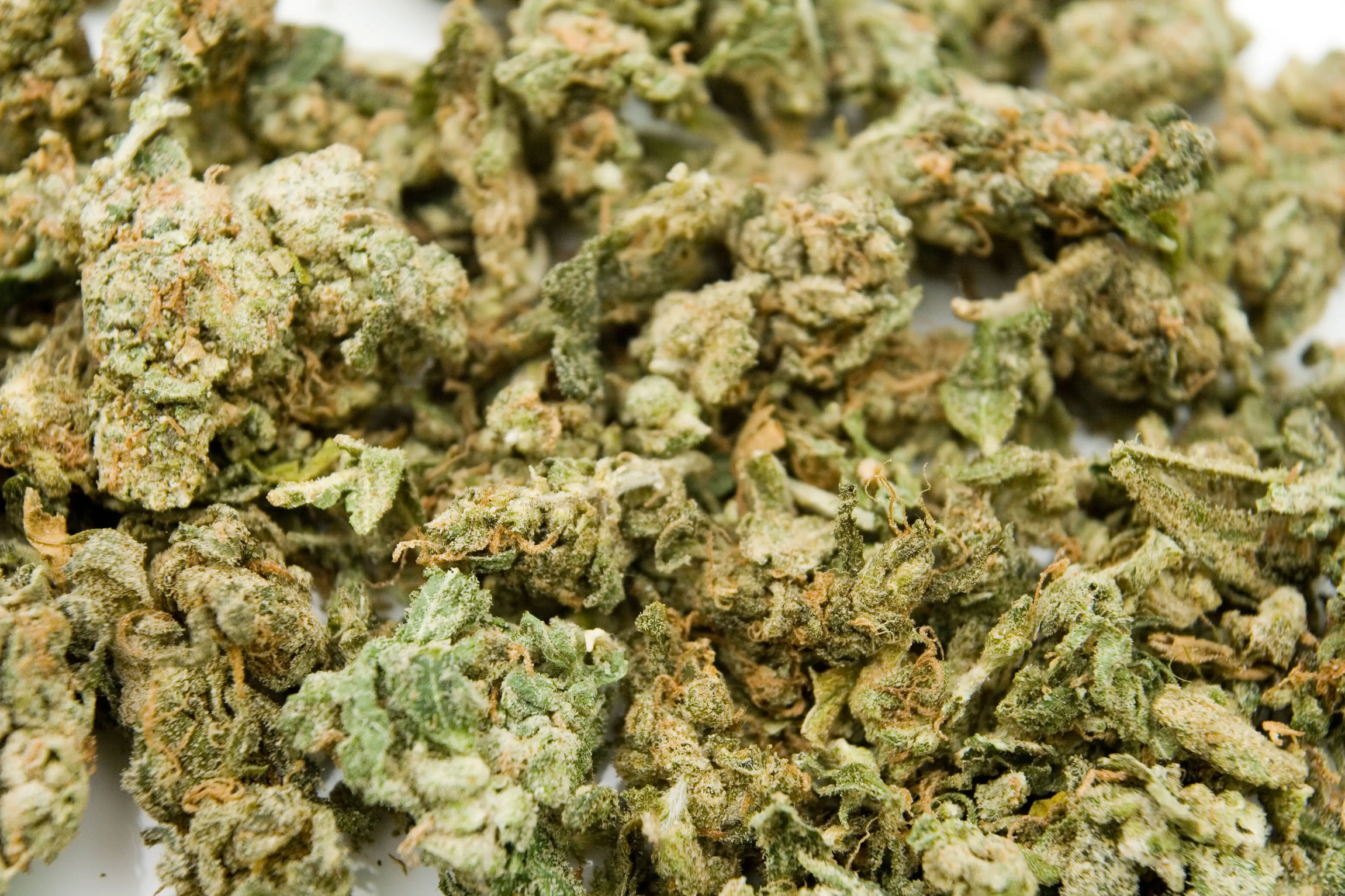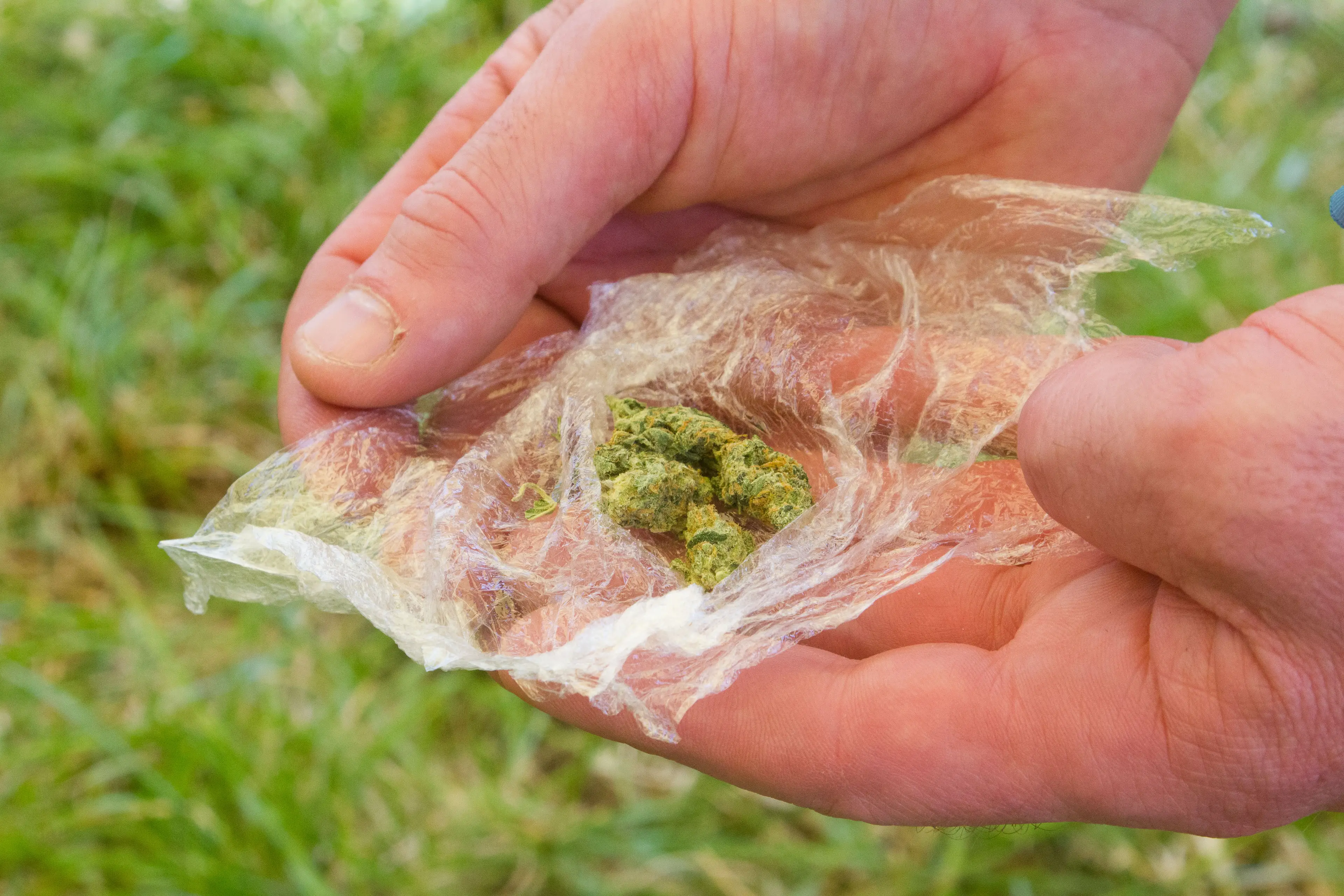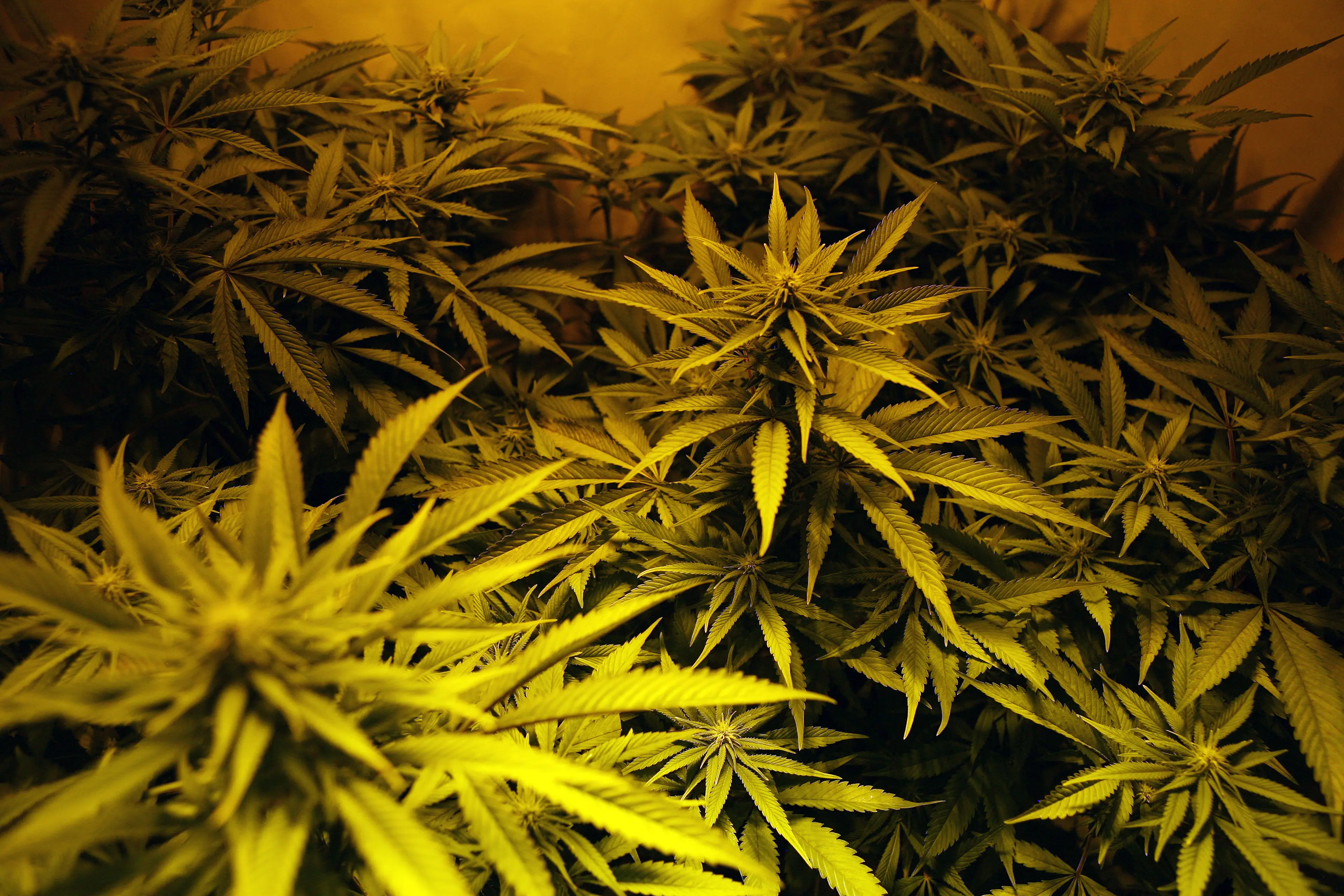
The debate around legalising - or further criminalising - cannabis in the UK has never been more heated.
While London Mayor Sadiq Khan is working with a commission to look into legalising the drug in the UK, Home Secretary Suella Braverman has a mind to upgrade cannabis to a class A drug over concerns about its effects on the body.
Currently in the UK, cannabis is considered a class B drug, so if you're found in possession of it you can be prosecuted with up to five years in prison or a fine of up to £2,500.
So since you absolutely, definitely never have and never will experience it for yourself, we've put together this basic breakdown on how cannabis affects your body minute by minute.
Advert

Firstly, it's important to mention that there are a lot of different factors that affect how fast the weed will kick in.
For example, if you smoke it, you'll feel the effects much sooner than if you take an edible.
Plus, your age, height, weight, overall health, the strain you use, and your tolerance levels can make an impact on how quickly the effects kick in, so if you're sharing some Mary Jane with your pals, don't expect it to hit everyone the same.
Now, let's get down to it.
After you smoke weed, it can take anywhere between two and 10 minutes to feel the effects. If you're taking an edible, though, you could waiting for half an hour to two hours, according to Healthline.
In those first few minutes, the initial effect you'll notice is an increase in your pulse rate.
Your normal heart rate of 50 to 70 beats per minute, can rise by 20 to 50 beats, and stay there for up to 3 hours after you use cannabis, suggests WebMD.
When that starts, the blood vessels in the eyes will dilate, and your eyes will probably turn red as a result.

By the 20 minute mark, if you've inhaled the cannabis, the THC (the main psychoactive compound in cannabis) will be fully absorbed into your blood and moving through every molecule of your circulatory system.
If you're taking an edible, this won't happen for a while longer, since the THC needs to be absorbed by your liver.
Once the THC is fully settled in your system, it can alter the body's neural chemistry and stimulate the part of your brain that responds to pleasure, unleashing a heap of dopamine, which is responsible for the relaxed, euphoric sensation - though it's important to note that this could also cause anxiety or panic, depending on the individual.
It's around this time that you might also be hit with a strong case of the 'munchies'.
This happens when the THC gets to your brain and finds the olfactory bulb (which impacts your sense of taste and smell), it can convince you that you're hungry, even when you're not.
If you're hoping to avoid the munchies, but still want to smoke some green, the best course of action is to eat a solid meal before you light up.

Half an hour in, this will reach its maximum intensity, which can last for five to six hours. But if you're using an especially strong strain of THC, it could last even longer.
As the munchies and the dilated pupils start to show themselves, you might also start experiencing other effects like sleepiness, drowsiness, impaired movement, poor memory, giggles, or confusion.
For up to 24 hours after taking cannabis, your judgement might be impaired and your conversations and thoughts might seem a whole lot deeper than they actually are - sorry to break that one to you.
The other effects should wear off within a few hours, but traces of cannabis can still show up in a urine test for two to three days after - even longer if you're a regular user.
